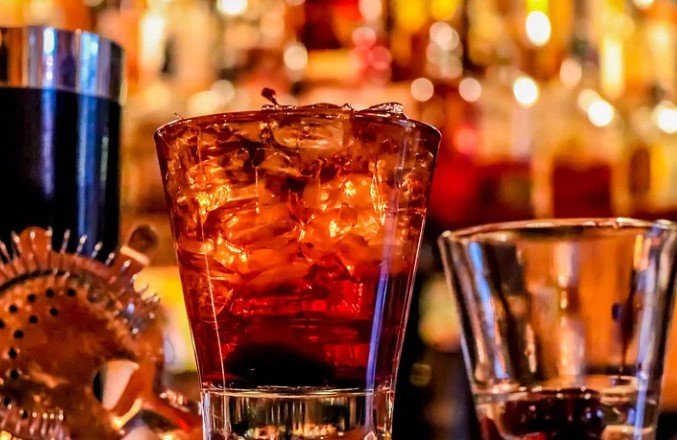Dry January, the annual trend of abstaining from alcohol for the first month of the year, has led to an increase in demand for cannabis-infused beverages, especially among younger consumers. As more states legalize cannabis, the industry is offering more products and marketing strategies to cater to this growing segment.

Why are people choosing cannabis over alcohol?
According to a report from Bloomberg, alcohol sales in the US dropped by more than half in the first week of January 2024, the greatest decline since 2020. At the same time, a third of adults ages 21–24 and a fourth of adults ages 25–34 turned to cannabidiol (CBD) or cannabis products as a replacement.
Some of the reasons for this shift include:
- Health benefits: Many people see cannabis as a safer and healthier alternative to alcohol, which can cause liver damage, hangovers, and addiction. Cannabis, on the other hand, can help with pain, anxiety, insomnia, and other conditions.
- Social norms: Cannabis is becoming more accepted and normalized in society, especially among younger generations. A Gallup report from 2023 showed that the number of people under the age of 35 who consume alcohol has fallen 10% in the past decade.
- Product variety: The cannabis industry is offering more options and formats for consumers, such as edibles, vapes, oils, and beverages. These products can appeal to different preferences and occasions, such as relaxing, socializing, or celebrating.
How are cannabis companies capitalizing on Dry January?
The cannabis beverage market is one of the fastest-growing segments in the industry, with sales expected to reach $2.8 billion by 2025, according to a report from Grand View Research. Cannabis beverages can provide a similar experience to alcohol but with fewer calories, sugar, and negative effects.
Some of the ways that cannabis companies are promoting their drinks during Dry January include:
- Advertising campaigns: Some brands are using social media, online platforms, and influencers to spread the word about their products and the benefits of cannabis. For example, Cann, a low-dose THC drink, launched a campaign called “Dry-ish January” to encourage people to try their beverages as a substitute for alcohol.
- Discounts and deals: Some retailers and dispensaries are offering discounts, coupons, and loyalty programs to attract new and existing customers. For example, The Travel Agency, a cannabis dispensary in California, offered a 15% off deal on all cannabis beverages during January.
- Education and awareness: Some companies are providing information and resources to educate consumers about cannabis and its effects. For example, Pabst Blue Ribbon, which launched its cannabis seltzer in 2020, created a website called “Higher Standards” to answer common questions and dispel myths about cannabis.
What are the challenges and opportunities for the cannabis beverage industry?
The cannabis beverage industry faces some challenges, such as:
- Regulation and compliance: Cannabis is still illegal at the federal level in the US, and each state has its own rules and regulations regarding its production, distribution, and consumption. This can create barriers and uncertainties for the industry and consumers.
- Consumer education and acceptance: Cannabis beverages are still relatively new and unfamiliar to many consumers, who may have misconceptions or doubts about their safety, quality, and potency. The industry needs to educate and inform consumers about the benefits and risks of cannabis and how to consume it responsibly.
- Competition and innovation: The cannabis beverage industry is highly competitive, with many players entering the market and offering similar products. The industry needs to innovate and differentiate itself from other segments, such as alcohol, soft drinks, and energy drinks.
The cannabis beverage industry also has some opportunities, such as:
- Market expansion and growth: The cannabis beverage market has a lot of potential to grow and expand as more states legalize cannabis and more consumers become interested in it. The industry can also tap into new segments, such as wellness, sports, and entertainment.
- Product development and diversification: The cannabis beverage industry can offer more products and formats to suit different tastes and needs, such as functional drinks, flavored drinks, sparkling drinks, and non-alcoholic drinks. The industry can also experiment with different ingredients, dosages, and delivery methods.
- Partnerships and collaborations: The cannabis beverage industry can benefit from partnering and collaborating with other industries, such as alcohol, food, and technology. These partnerships can help with distribution, marketing, research, and innovation.
